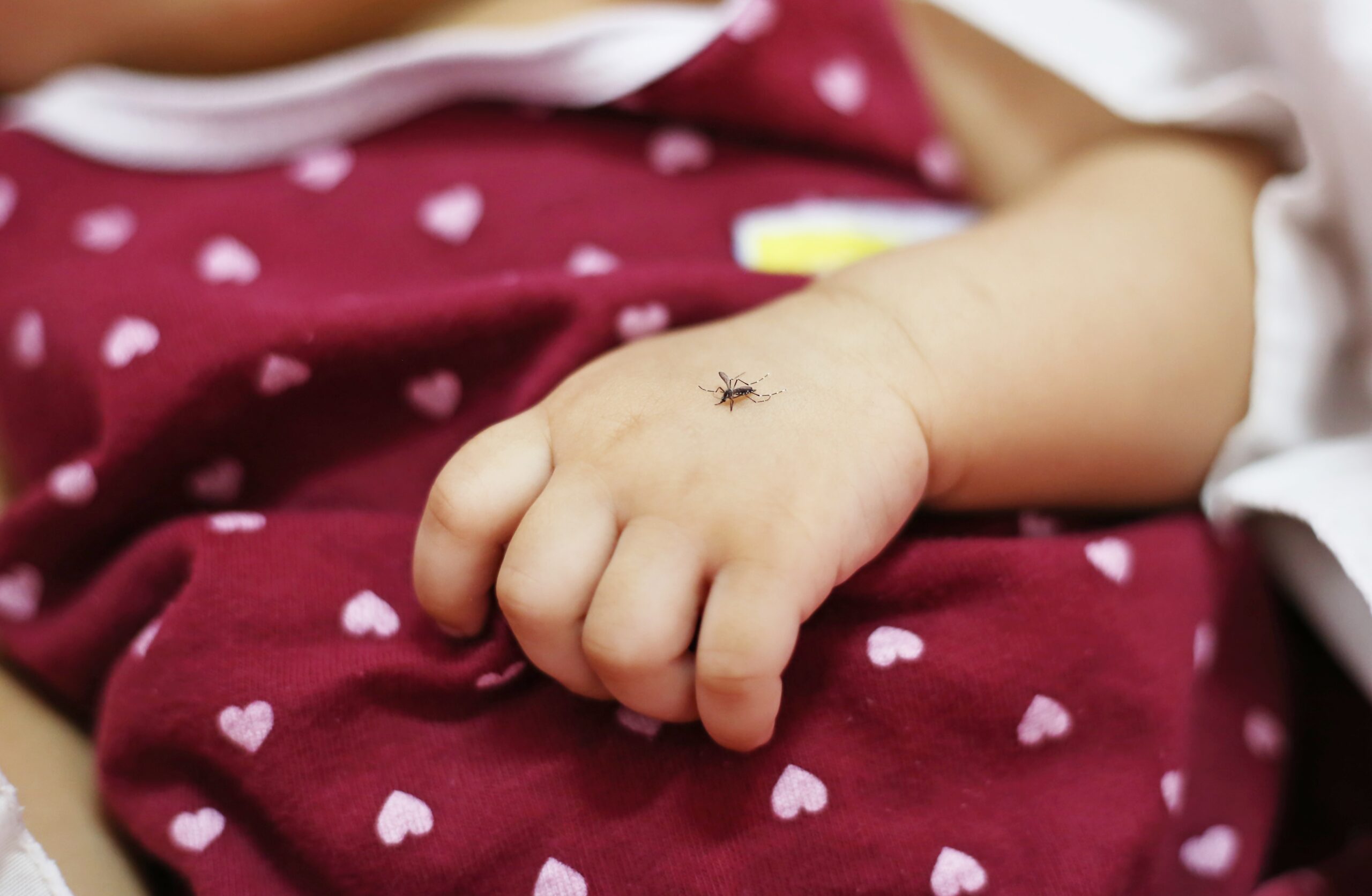What is Dengue in Children?
Dengue in children is a viral illness spread by mosquitoes. It is common in many tropical and subtropical areas. Children are at risk, especially during rainy seasons. The disease can cause mild to severe symptoms. Early care helps prevent serious problems. The primary keyword, dengue in children, is important for parents to know.
Common Symptoms and Warning Signs
Children with dengue may show different signs than adults. Sometimes, symptoms are mild and look like the flu. However, some children may get very sick. Watch for these dengue symptoms in children:
But, some warning signs need quick action. For example, if your child has severe stomach pain, trouble breathing, or constant vomiting, seek help right away. Also, look for signs of drowsiness or bleeding.
Causes and Risk Factors
Dengue spreads through the bite of an infected Aedes mosquito. These mosquitoes bite during the day. Children who play outside are at higher risk. In addition, living in areas with standing water increases the chance of mosquito bites. The risk is higher during and after rainy seasons. Families living in crowded places may also face more danger.
How Dengue is Diagnosed in Children
Doctors diagnose dengue in children by checking symptoms and doing blood tests. First, they ask about recent travel or mosquito bites. Next, they look for signs like fever and rash. Blood tests help confirm the diagnosis. These tests can show if the child has the dengue virus or low platelets. Sometimes, doctors repeat tests to watch for changes. Early diagnosis helps start the right dengue fever treatment for kids.
Treatment Options and Home Care Tips
There is no specific cure for dengue. However, most children get better with good care. Doctors focus on treating symptoms and preventing dehydration. Here are some treatment and home care tips:
But, do not give any medicine without checking with your doctor. In some cases, children may need to stay in the hospital for close monitoring.
Prevention Strategies for Families
Preventing dengue in children is very important. Since there is no vaccine for most children, families must focus on avoiding mosquito bites. Here are some ways to help prevent dengue in children:
Additionally, teach children not to play near stagnant water. These steps can lower the risk of dengue for your family.
When to Seek Medical Help
Sometimes, dengue can become severe. Therefore, it is important to know when to get help. Take your child to a doctor if you notice:
Early treatment can prevent serious problems. If you are unsure, it is always better to ask a doctor.
Conclusion
Dengue in children can be serious, but early care and prevention help. Watch for symptoms, follow your doctor’s advice, and use prevention tips at home. Consult a pediatrician for personalized advice if you suspect dengue in your child.

